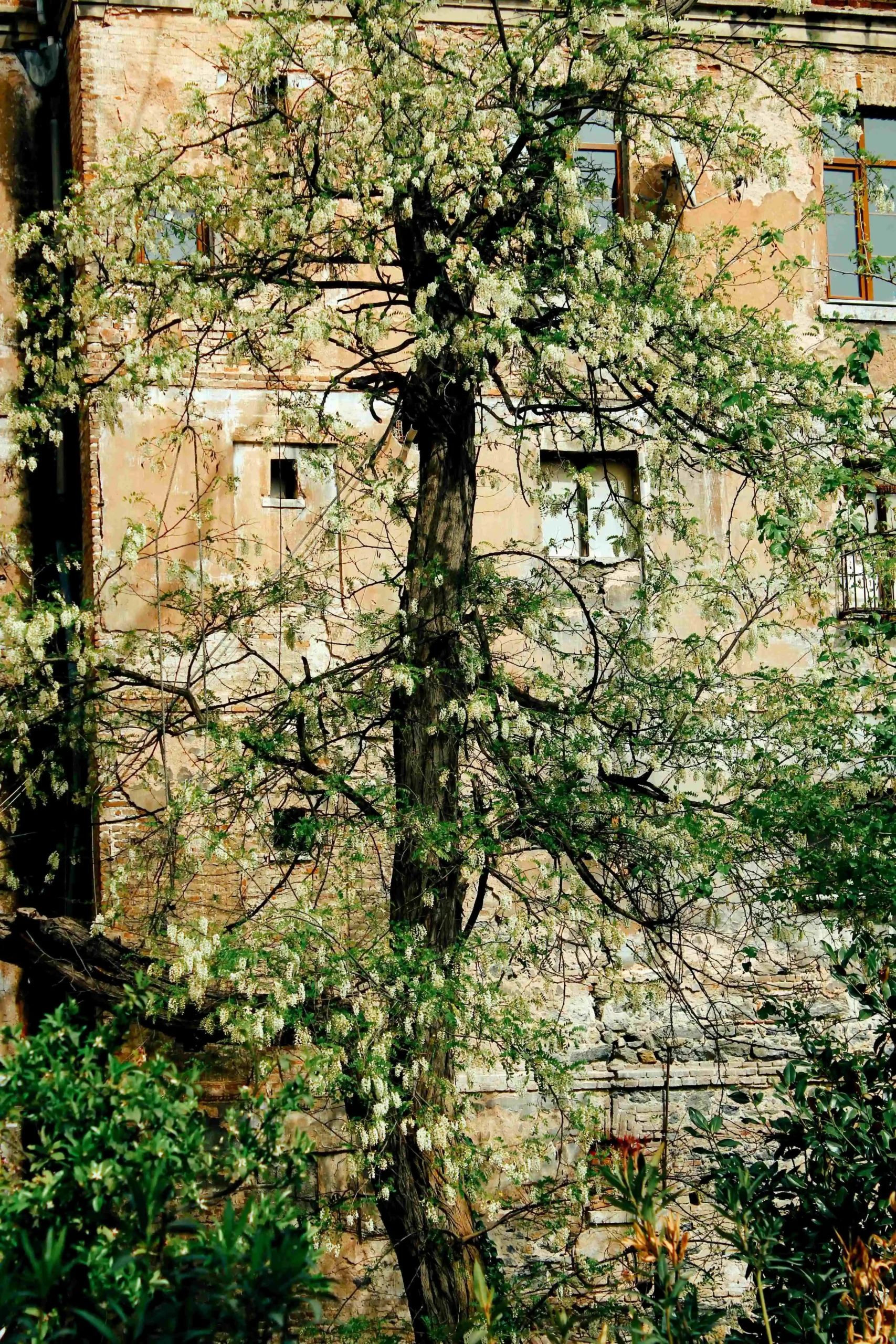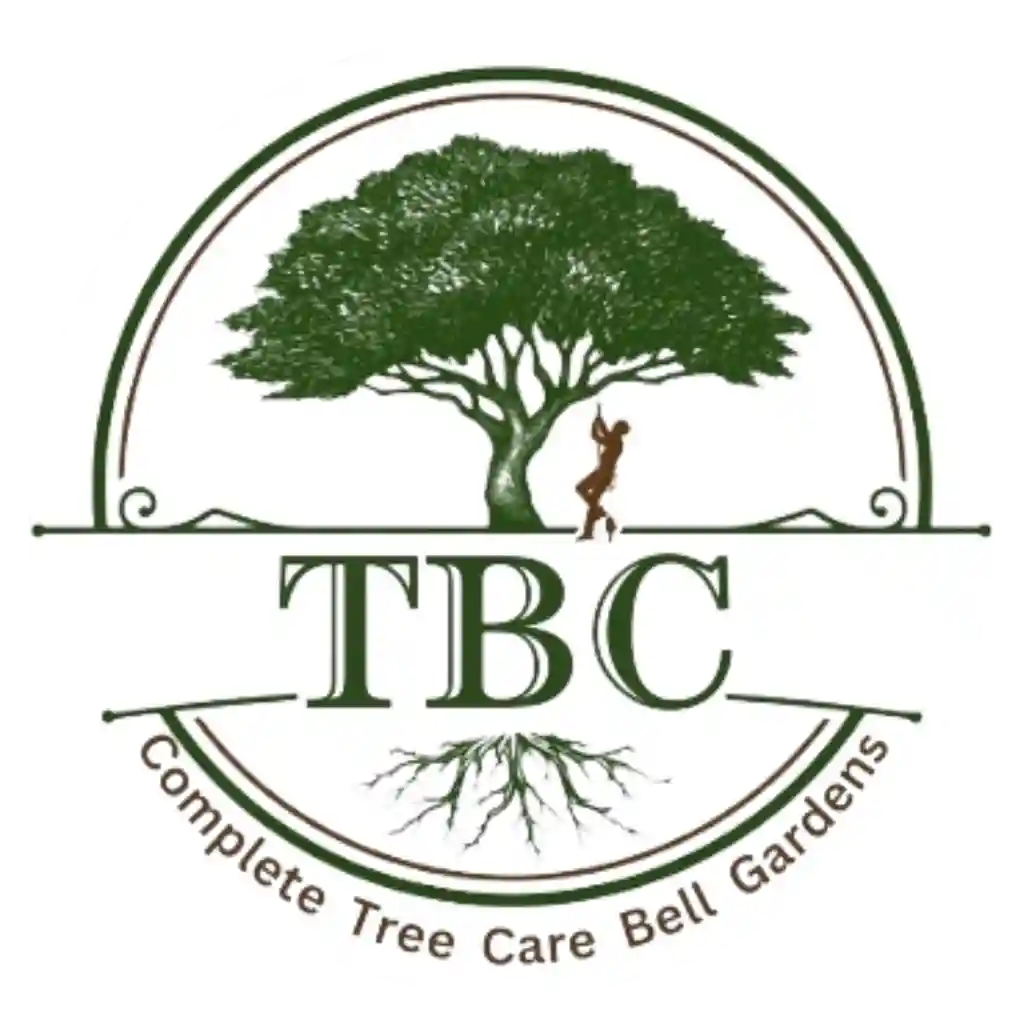Tree Care Bell Gardens Services - Faq
Frequently Asked Questions
How often should I have my trees professionally inspected?
We recommend annual inspections for most trees in Bell Gardens. However, newly planted trees, older specimens, or those in high-stress environments may benefit from more frequent check-ups. During periods of drought or after severe storms, it’s wise to have an additional inspection. Our certified arborists can assess your specific situation and recommend an ideal inspection schedule tailored to your property’s needs.
Is it true that tree topping can help control the size of my trees?
Actually, tree topping is harmful and counterproductive. While it may temporarily reduce a tree’s size, it stimulates rapid, weak growth and can lead to decay, pest problems, and a shorter lifespan for the tree. At ‘Complete Tree Care – Bell Gardens’, we use proper pruning techniques that maintain your tree’s natural shape and health while managing its size. We can discuss alternative methods to address your concerns about tree size without resorting to harmful practices.
I'm planning a construction project on my property. How can I protect my trees during this process?
Protecting trees during construction is crucial but often overlooked. We offer pre-construction consultations to help you plan around your trees. This may include establishing protection zones, installing physical barriers, and creating a tree preservation plan. We can also provide ongoing monitoring during construction and post-construction care to help your trees recover from any stress. Early planning is key, so contact us as soon as you start considering your construction project.
There's a tree on my property with sentimental value, but it's showing signs of decline. What are my options?
We understand the emotional attachment to trees and always strive to save them when possible. Our first step would be a thorough health assessment to identify the cause of decline. Depending on the results, we might recommend treatments like soil improvement, pest management, or structural support systems. In some cases, we can extend a tree’s life through careful management even if it can’t be fully restored to health. If the tree poses a safety risk, we can discuss options like partial removal or repurposing the wood into a memorial piece. We’ll work with you to find the best solution that honors your attachment to the tree while ensuring safety.
How does climate change affect tree care in Bell Gardens, and how are you adapting your practices?
Climate change is indeed impacting tree care in our area. We’re seeing shifts in pest and disease patterns, increased stress from heat and drought, and more frequent extreme weather events. To adapt, we’re constantly updating our practices. This includes selecting more resilient tree species for new plantings, implementing water-conserving techniques like mulching and efficient irrigation, and using predictive pest management strategies. We’re also focusing more on soil health to improve trees’ resilience. Our team stays current with the latest research on climate adaptation for urban trees, and we’re committed to evolving our practices to ensure the long-term health of Bell Gardens’ urban forest in the face of changing conditions.

